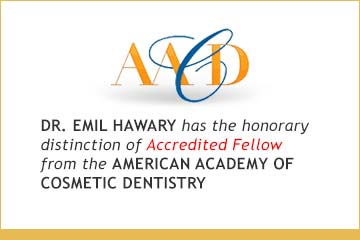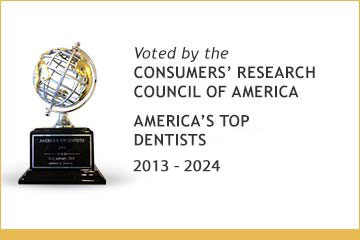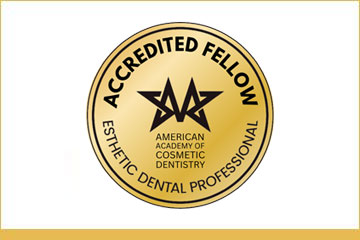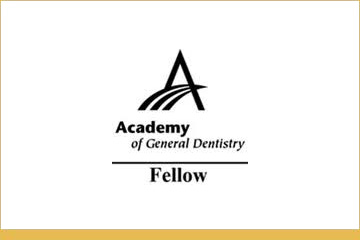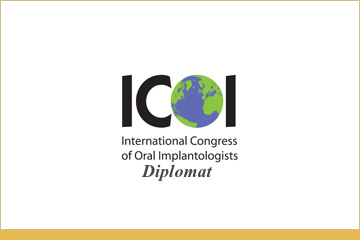Smoking and Your Smile
A smile is a powerful thing. It’s the very thing that the majority of us notice when we meet someone new. It impacts the shape of the face and the way others perceive us. Whenever you share a smile with someone across the room, beam at a new baby, or grin while meeting an old friend for the first time in years, your smile communicates something about you.
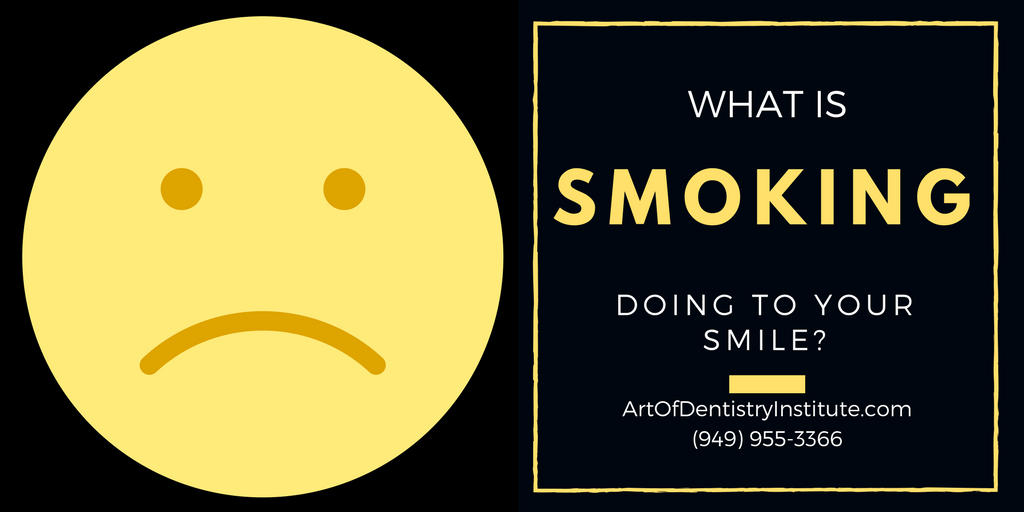
You know how important your smile is, and you want your teeth to be white and straight so that your smile makes a fantastic impression. But did you know that despite your great oral health habits, smoking is damaging your teeth beyond repair?
Below is a guide to help you learn more about how smoking affects your oral health—and how you can protect your smile. Your doctor and dentist can also help you learn more about the effects of smoking on teeth.
How Smoking Affects Your Oral Health
Most people are aware of how detrimental smoking can be to their general health. Since the first Surgeon General report on the effects of smoking on health, more than 20 million Americans have died as a result of smoking—and one-tenth of that group died because of exposure to secondhand smoke.
You know all of this, of course. But do you know the specific effects that smoking has on your oral health?
Many of the symptoms of habitual smoking are subtle, but if you smoke frequently, you know that cigarettes have one immediate effect on your oral health: you get stale breath. But there are other symptoms that occur over time that only the best dentistries like Babiner Dental can get rid of, including:
- Badly stained teeth. Most smokers have yellowed teeth, and over time, their teeth can even turn dark brown.
- Slower healing rates. The nicotine and other chemicals in tobacco slow your body’s ability to heal itself after a surgery because nicotine slows blood flow and causes more clots. Even if you can afford to replace all of your teeth if they become stained, the process will be much more painful than it might have been if you didn’t smoke.
- Gum disease. Smoking interferes with your gum tissue cells, which makes you much more susceptible to infection. Periodontal disease is one such infection that leads to tooth loss and painful, swollen gums.
- Bone loss. Your teeth are more likely to fall out and your jawbone is more likely to decay if you smoke frequently.
- Dulled senses. You may have begun to experience this already—your senses of taste and smell aren’t what they used to be. Consistent exposure to smoke and toxins deadens sensitive cells in your nose and mouth, making it difficult for you to taste and smell.
And of course, there’s a heightened risk of oral or pharyngeal (throat) cancer. A single cigarette contains at least 23 carcinogenic (or cancer-causing) chemicals. Each of those chemicals eats away at cells that protect your mouth, throat, nose, and lungs, and then begin to modify the cells. Your body can fight the effects for a while, but eventually, cancer can develop.
How Your Dentist Can Help
Your dentist can help you fight the effects of smoking on your mouth and smile. For example, your dental clinic most likely offers special toothpastes for smokers. These toothpastes are abrasive and fight bacteria in your mouth.
You can also use teeth-whitening toothpastes, which can help eliminate some of the tobacco stains on your teeth. Your dentist may also be able to provide a heavy-duty mouthwash to eliminate smelly bacteria and improve your breath.
Through regular examinations, your dentist can spot damage and help fight decay. If you are a steady smoker, chances are that your dentist will be the first one to spot a potential dental health issue and advise you on your next steps. In some cases, corrective surgery may be needed.
Ultimately, however, your dentist will advise one thing: stop smoking immediately. The effects of smoking will continue to damage your teeth, throat, and mouth, even if your dentist provides special products and treatments to help.
You Can Quit Smoking
Of course, only a doctor can give you precise, helpful advice on quitting smoking. Your doctor knows your personal medical history the best, so if you plan to quit, talk to him or her as soon as possible.
In general, though, if you want to quit smoking, you’ll make a great step toward protecting your smile from future damage. Write down your reasons for wanting to quit—or, better yet, film yourself. Whenever you feel discouraged or frustrated, review your reasons for quitting.
There are loads of ways that you can try to stop smoking though, you just have to find what works best for you. For example, some people like to use nix sticks, if you are wondering what are nix sticks, then they are just a nicotine replacement to help you try and quit smoking. But there are plenty of other things that you could try.
Share your goals with others, including friends, family, and your dentist. It may help you to have someone to hold you accountable when you slip back into old habits. Ask for help from the people you love, and you’ll be surprised by how much easier it becomes to overcome this bad habit.
Whether you want a more beautiful smile, a healthier family, or a longer life, overcoming a smoking habit is worth it. You can do it! Quitting smoking can be difficult, but with the support of others, you can succeed. Speak with your dentist today about how you can improve your oral health and quit smoking.


